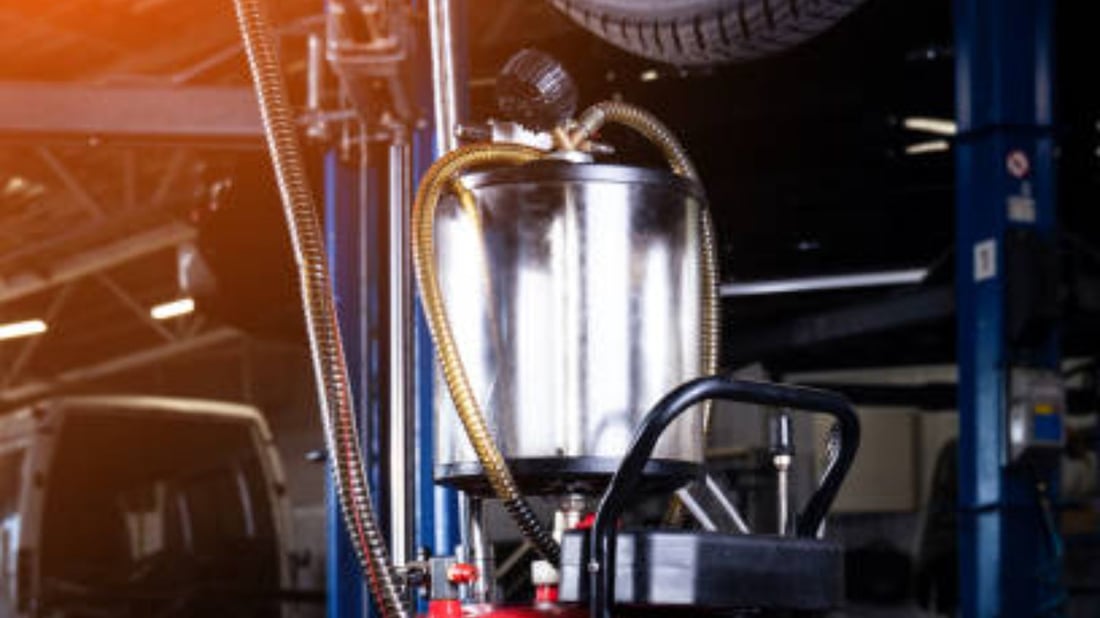Introduction
A
pneumatic pump for oil is a mechanism that uses compressed air to move oil from one place to another. From small, portable pumps to large, industrial-sized ones, pneumatic oil pumps are a versatile solution for transferring fluid. In this article, we will explore the benefits and drawbacks of this type of pump.
Pro: Efficiency
One of the main advantages of a pneumatic pump for oil is its efficiency. Since compressed air is used as the driving force, there are no electrical connections or moving parts that can wear down over time. This makes these pumps less prone to breakdowns, increasing their longevity.
Con: Initial Cost
However, one downside to pneumatic pumps is their initial cost. They tend to be more expensive than electric or manual pumps. However, it's important to keep in mind that their efficiency and longevity may offset this cost in the long run.
Pro: Environmentally Friendly
Another benefit of pneumatic pumps is their environmental friendliness. Since they are powered by compressed air, they do not produce any emissions or waste products. This makes them an ideal choice for businesses that prioritize sustainability.
Con: Noise Pollution
On the other hand, pneumatic pumps can be quite loud when in operation. They produce a loud, hissing noise as the air is released, which can be a nuisance in certain environments. This may not be a problem in noisy industrial settings, but it may be an issue in more quiet workplaces.
Pro: Accessibility
A pneumatic pump for oil can be used in a variety of settings, from small workshops to large factories. They are available in a wide range of sizes and capacities, making them accessible to businesses of all sizes.
Con: Maintenance Requirements
However, pneumatic pumps do require some maintenance to keep them running smoothly. They may need regular oil changes or filter replacements, which can be time-consuming and costly. It's important to factor these maintenance needs into the overall cost of using pneumatic pumps.
Pro: Versatility
Another advantage of pneumatic pumps is their versatility. They can be used to transfer a wide range of fluids, from oil and other lubricants to chemicals and acids. This makes them an ideal choice for businesses that use a variety of fluids in their operations.
Con: Limited Range
However, pneumatic pumps do have a limited range of operation. They are generally used for transferring fluids over short to medium distances, and may not be suitable for longer runs. In these cases, electric or manual pumps may be a better option.
Pro: Reliability
Finally, pneumatic pumps are known for their reliability. Since they use compressed air as the driving force, there are no electrical connections or moving parts that can break down. This makes them less prone to breakdowns and malfunctions, increasing their overall reliability.
Conclusion
In conclusion, a pneumatic pump for oil has its pros and cons. While they are efficient, environmentally friendly, and accessible, they can be noisy, require maintenance, and have a limited range of operation. It's important to weigh these factors in order to determine if a pneumatic pump is the right choice for your business.
Quote Inquiry
Contact us!

